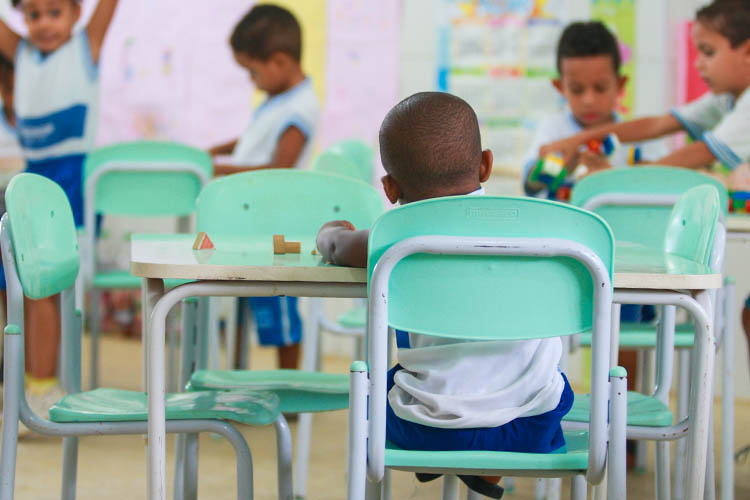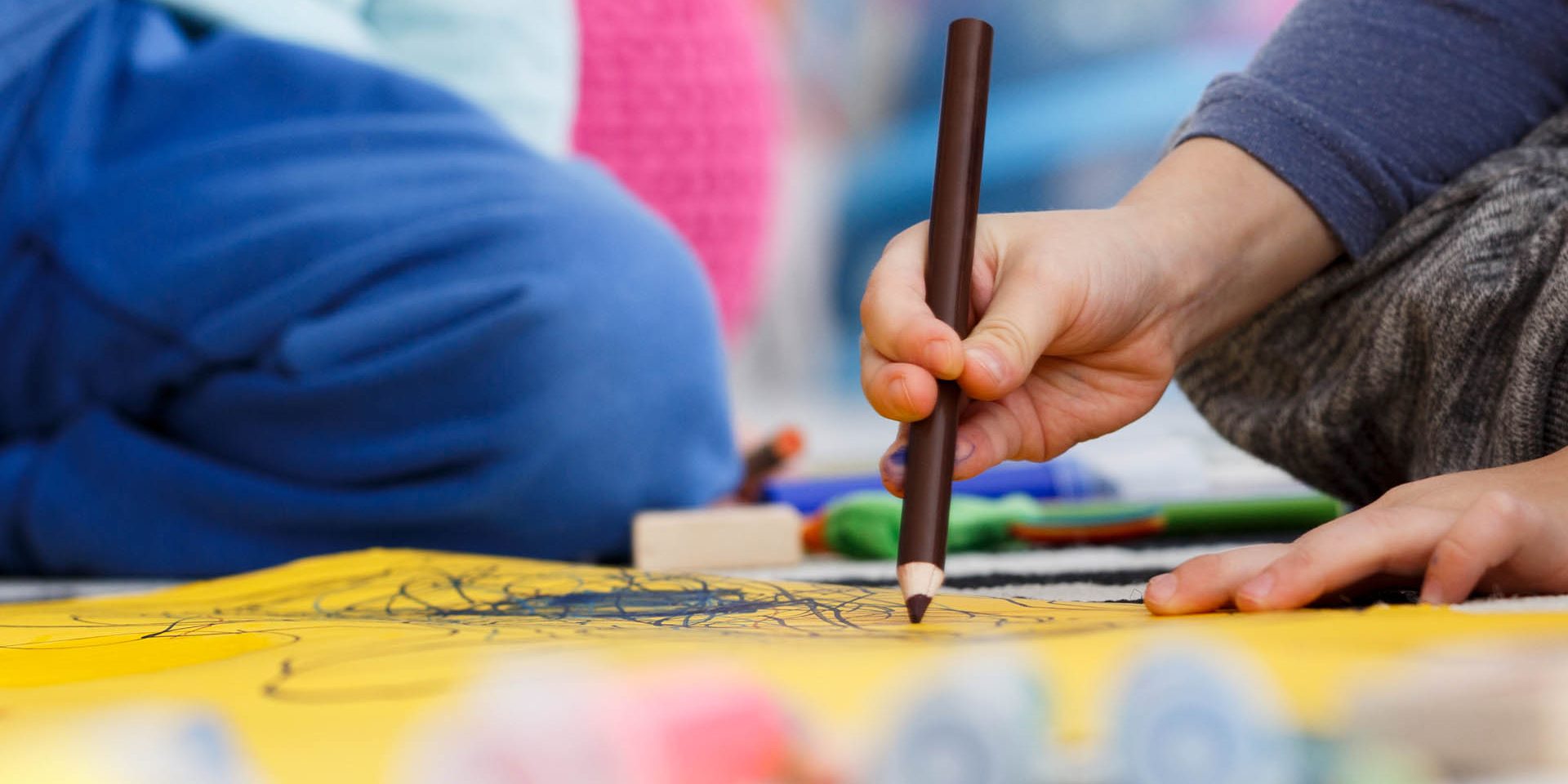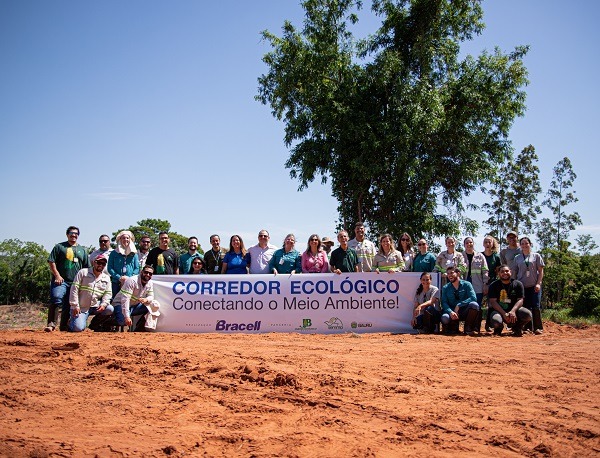Childhood education, early childhood, and leadership development are the pillars of Bracell Foundation
After six months of work, Bracell Foundation, a non-profit philanthropic entity, officially launches its operations with the purpose of leveraging the transformative power of education in Brazil. The organization, whose main focus will be childhood education, will also support partners working in the fields of early childhood development and leadership development. It already has partnerships with renowned institutions such as Todos pela Educação, J-Pal, and Insper, and seeks to collaborate with governments, other third-sector entities, and universities.
“There is a robust body of evidence proving that quality childhood education can positively transform a person’s life, which is why we work to strengthen public policies for this stage, especially preschool. One of our objectives, through research and evaluation, is to identify promising solutions to improve the learning of our children. From there, our challenge will be, together with municipal and state governments, to seek to scale these solutions, always aiming for Brazilian children to reach their full potential”, explains Eduardo de Campos Queiroz, CEO of Bracell Foundation.
“Education in Brazil has evolved in various aspects, but we believe it should be a priority, which it still is not. One of the important points for this to happen is having well-trained, competent, and committed leaders with public policies that effectively promote the learning of our children, and that is why we have been seeking solutions for the qualification of public managers”, explains Queiroz.
Bracell Foundation also believes that comprehensive care for children in early childhood (health, education, and social development) is essential for them to reach their full potential, and that is why we support the cause through partnerships with organizations focused in this area.
The pillars of operation of Bracell Foundation are aligned with the Sustainable Development Goals (SDGs) of the United Nations (UN) 2030 Agenda.

Bracell Foundation hosts the 1st edition of the Early Childhood Education Symposium
To mark the official launch of Bracell Foundation and reinforce its commitment to Childhood Education, the organization will gather on June 27th prominent figures involved in research and public policies in early childhood education. Participants will include representatives from J-Pal, UNESCO, Ministry of Education (MEC), National Union of Municipal Education Leaders (Undime), National Confederation of State Education Departments (Consec), National Council of State Secretaries of Education (Consed), University of São Paulo (USP), Federal University of Paraná (UFPR), Getulio Vargas Foundation (FGV), Singularidades Institute, Carlos Chagas Foundation, Todos Pela Educação movement, among others.
Paula Pedro, Executive Director of the Abdul Latif Jameel Poverty Action Lab (J-PAL LAC) office for Latin America and the Caribbean, emphasizes the importance of the initiative and collaborating with entities like Bracell Foundation: “We are very optimistic about partnering with Bracell Foundation because we believe that collaboration is essential for strengthening public policies in early childhood education in Brazil. The Symposium is a unique opportunity to share evidence on the impacts of early childhood education and discuss the challenges of implementing these policies,” she states.
During the event, aimed at researchers, public officials, and third-sector organizations, evidence will be presented on the impacts of quality early childhood education on children’s development and learning. There will also be discussions on the urgency and relevance of investments in early childhood education and preschool. The agenda will include roundtable discussions to promote dialogue on the challenges of implementing public policies in early childhood education, with a special focus on the participation of Nobel Prize-winning economist and co-founder of the research center J-PAL, Esther Duflo. She will discuss the importance of impact evaluation in early childhood education.
“Besides officially introducing Bracell Foundation, we aim to foster the integration of efforts among all stakeholders: researchers, third-sector organizations, and governments at all levels, focusing on three key themes for the quality of childhood education: teacher training, quality determinants, and intergovernmental collaboration. In partnership with institutions like UNESCO, we aim to explore pathways to achieve the goals of the 2030 Agenda, especially SDG 4,” explains Eduardo de Campos Queiroz, CEO of Bracell Foundation.



